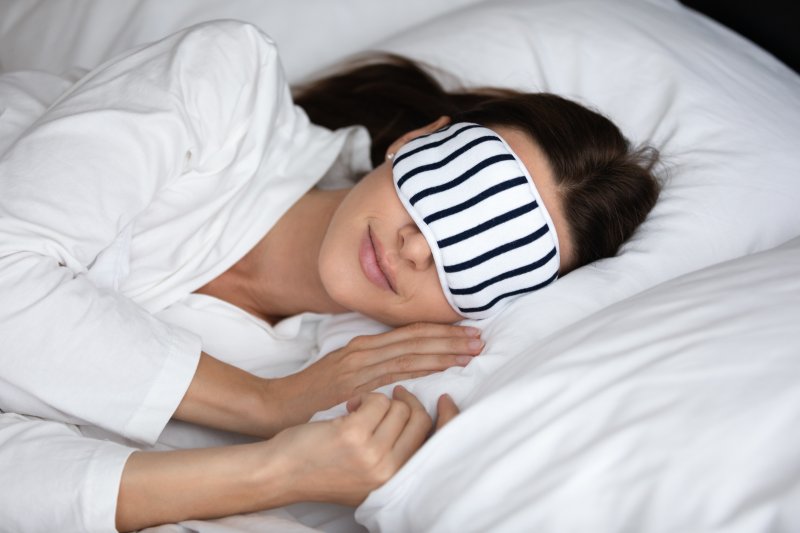
Whether it be a candle or a lightbulb, humans have historically found a multitude of ways to get around the darkness that nighttime brings. And now, we have more distractions than ever before that bring light into the night, from cars driving past our windows to phone and laptop screens. We may be more productive, but we’re also sleeping less: in 1910, most people slept 9 hours per night; now, one-third of Americans are getting less than 7 hours of sleep on a regular basis.
Each person has a circadian rhythm that helps their body figure out whether it’s time to be asleep or awake, based on light — light helps the body know it’s time to be awake; darkness helps the body know it’s time to be asleep. Sounds simple, right? However, in a world filled with more light than ever, true “darkness” is becoming harder and harder to come by.
It’s been found that room light (any light that provides general illumination for a room) can confuse the body’s circadian rhythm and delay the production of melatonin, the hormone that regulates the sleep/wake cycle — not just the “blue light” emitted from phones and screens. Although, it should be noted that humans are especially sensitive to blue light — check out this study. Having constant light peek through your window such as that from a street lamp, a car driving by, or even the moon may delay the production of melatonin, and for sensitive sleepers, even wake you up at night.
The Benefits of Sleep Masks
Need proof that sleep masks can improve your rest? One study was conducted on subjects in an environment made to resemble an ICU (an environment with a high amount of light and noise disruption). The study examined the sleep of two key groups: a group who slept with eye masks and earplugs, and a group who did not. Use of earplugs and eye masks resulted in an increased amount of REM sleep and less time spent between falling asleep and reaching REM sleep. It also resulted in less arousal and elevated melatonin levels. While this study observed the effects of the combination of sleep masks and eye masks, it’s reasonable to assume that using just one or the other will still work to improve sleep quality.
In short, according to this study, sleep masks and ear plugs:
- Help you fall asleep faster
- Increase the quality of your sleep
- Allow you to sleep in disruptive environments
What Should You Look for in the Perfect Sleep Mask?
There are countless sleep masks available online. What makes one better than the other? Ideally, your sleep mask should:
- Completely block all light
- Be made of soft, comfortable, and breathable material
- Have an adjustable strap that fits securely to your head, keeping the mask from falling off at night
- Not put uncomfortable pressure on your eyes
The best way to find the right sleep mask is to search a few different sites and check out the reviews. You may have to try a few sleep masks before you find the right one for you, but investing time into finding the perfect mask is important. A sleep mask with the right fit and material will make you more likely to wear it — and more likely to experience all of its benefits!
What to Do If a Mask Isn’t Helping
Of course, while a sleep mask can be tremendously helpful in getting better sleep, it isn’t a magic bullet if you have sleep apnea. No sleep mask alone can cure sleep apnea’s symptoms: snoring, feeling exhausted throughout the day, waking up feeling out of breath, and/or experiencing headaches and a sore throat most mornings.
You can receive a complimentary consultation from Sleep Better Georgia and our doctor, Dr. Jeff Rodgers, who has been serving sleep apnea patients in Atlanta and surrounding communities for years. He can help you get the rest you need by providing sleep apnea treatment. Be sure to contact us today to schedule a consultation or schedule online here.
